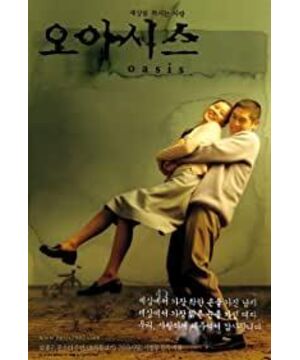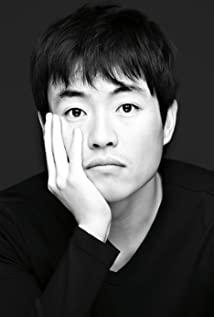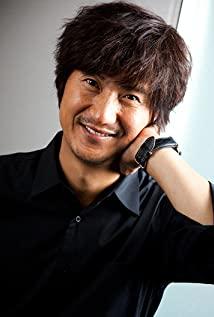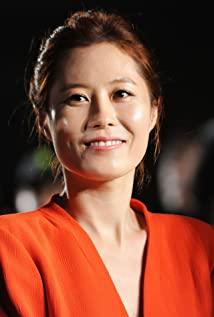I have only heard of Lee Chang-dong's "Luchuan has a lot of dung" before, and he often belongs to the backbone of the rise of Korean films since the 1990s in that chapter of Korean films. Unfortunately, in this version, some lyrics and radio broadcasts are not translated. This reminds me of Hou Hsiao-hsien's "City of Sorrows" which also uses this technique. The grief of the times is not borne by the protagonist, but is smeared as the background as a footnote to people's mental disorders. Li Cangdong used complicated political connotations in it, just as far as I can see: the FIFA jacket that is a metaphor for the black whistle of the 2002 World Cup in Korea and Japan; the pigeons, butterflies and dust are Hong Zhongdu for Gongzhu; his name is Zhongzhong Duke's ancestors are traitors in the eyes of the world; and the knitwear of the oasis may be a humanitarian concern for the coup d'etat of African tribes, or there may be a more zzbzz reference.
But these symbolic metaphors can be justified by anyone, and what I think is universally agreed upon is the neglected yearning for love of the disabled, and love in all its forms, including sex. It cannot be directly judged that the number of disabled persons is small because of the absence of disabled persons in the public eye, and more attention should be paid to the emotional needs of this group. Just like Hong Zhongdu at the beginning, if you are a little careless, you will be caught in the gap by the evil of human nature.
View more about Oasis reviews











